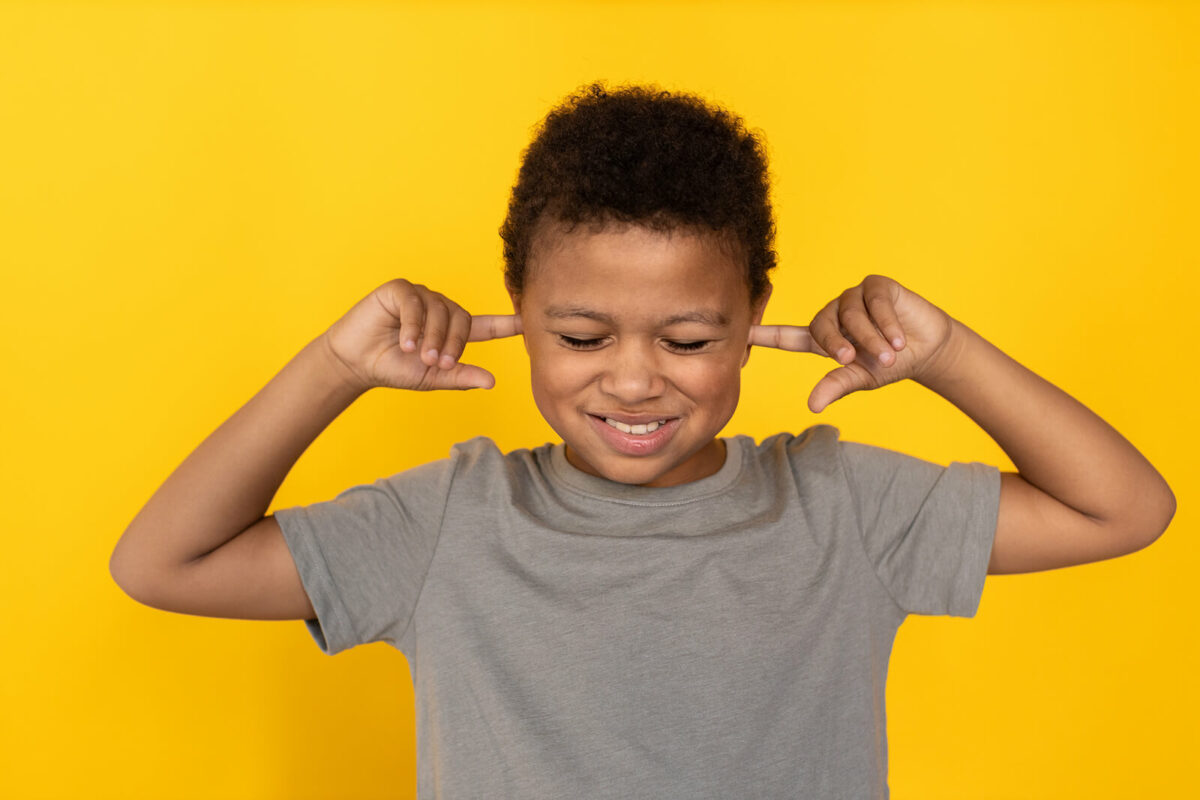- Are Cochlear Implants Worth It? - June 6, 2025
- Tips for Using Hearing Aids in Different Environments - May 27, 2025
- Rechargeable Hearing Aids vs. Battery-operated Hearing Aids - May 16, 2025
Living in a world filled with sounds is a sensory experience that shapes our daily lives. However, for individuals with noise sensitivity, the soundscape can be overwhelming and challenging to navigate. Let’s take a closer look at the causes of noise sensitivity, its impact on individuals, and practical strategies and tools to cope with this unique challenge.
Understanding Noise Sensitivity
Noise sensitivity, also known as hyperacusis, is a condition where individuals experience heightened sensitivity to everyday sounds. These sounds, which may seem ordinary to others, can be perceived as uncomfortably loud or even painful for those with noise sensitivity.
Causes of Noise Sensitivity
Noise sensitivity can be caused by various factors, including exposure to loud noise, certain medical conditions, or as a side effect of certain medications. Understanding the root cause is crucial in developing effective coping strategies.
The Impact of Noise Sensitivity
Living with noise sensitivity can take an emotional toll, leading to anxiety, stress, and a desire to avoid social situations. Individuals may feel isolated and misunderstood, as the invisible burden of noise sensitivity is not always apparent to others.
Everyday activities such as attending social events, working in a busy office, or even enjoying a meal at a restaurant can become challenging for those with noise sensitivity. The impact on daily life can be significant and affect overall well-being.
Coping Strategies for Noise Sensitivity
Here are a few strategies for coping with noise sensitivity in your daily life:
- Custom Hearing Protection: Invest in custom hearing protection, such as custom-molded earplugs. They can be tailored to reduce specific frequencies or overall sound levels. These provide a physical barrier against excessive noise while maintaining comfort and clarity.
- Noise-Canceling Devices: Consider using noise-canceling devices or headphones equipped with active noise-canceling technology. These devices can effectively reduce ambient noise, providing a quieter environment for individuals with noise sensitivity.
- Environmental Modifications: Make modifications to your living or working environment to minimize noise. This may include using carpets or curtains to absorb sound, placing furniture strategically, or creating designated quiet spaces.
- Mindfulness and Relaxation Techniques: Engage in mindfulness and relaxation techniques, such as deep breathing, meditation, or yoga. These practices can help manage stress and anxiety, fostering a sense of calm and control.
- Gradual Exposure Therapy: Gradual exposure therapy involves gradually introducing individuals to sounds at a comfortable level, helping desensitize them over time. Working with a healthcare professional can help you try exposure safely.
- Communication Strategies: Communicate openly with friends, family, and colleagues about your noise sensitivity. Educating others about your condition can foster understanding, and they may be more accommodating in helping you choose quieter environments.
Tools and Resources for Coping
If you’re sensitive to noise, here are some tools and resources that may help:
- White Noise Machines: White noise machines or apps can create a consistent background noise that helps mask or drown out other sounds. This can be particularly helpful when trying to sleep or concentrate in a noisy environment.
- Smartphone Apps: Find a smartphone app designed specifically for noise sensitivity. These apps can provide customizable soundscapes, soothing music, or relaxation exercises to help individuals cope with challenging auditory environments.
- Hearing Tests: Schedule regular hearing tests with a qualified hearing health specialist to monitor your hearing health and address any potential issues. Identifying and treating underlying hearing loss can contribute to managing noise sensitivity more effectively.
- Support Groups: Joining support groups or online communities for individuals with noise sensitivity can provide a sense of belonging and shared experiences. Connecting with others who face similar challenges can offer valuable insights and emotional support.
Taking the Next Step: Book a Hearing Test
Coping with noise sensitivity is a journey that requires patience, understanding, and a proactive approach to finding effective strategies. By employing the right tools, seeking professional guidance, and embracing supportive resources, individuals with noise sensitivity can navigate the world with greater ease.
If you or a loved one experiences noise sensitivity, taking the next step toward a quieter life starts with understanding your hearing health. Schedule a comprehensive hearing test to assess your auditory well-being, identify any underlying issues, and explore tailored solutions to enhance your quality of life.

